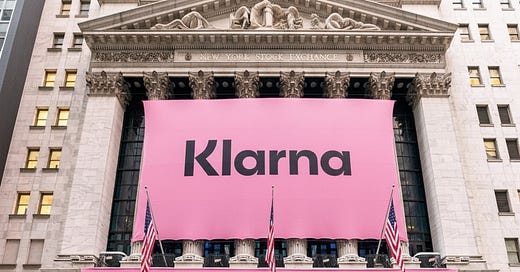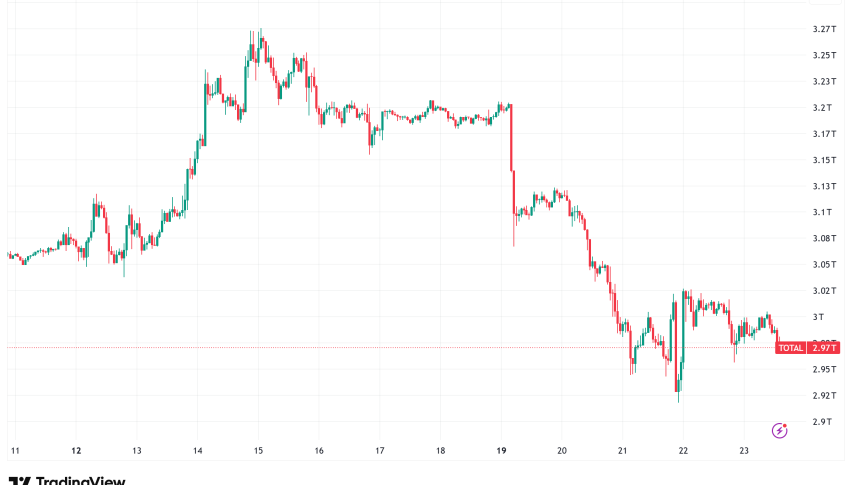Klarna Eyes $1.3 Billion U.S. IPO, Valuing Fintech at Up to $14 Billion
Klarna Group and some of its shareholders plan to raise $1.27 billion

Quick overview
- Klarna Group and its shareholders are seeking to raise $1.27 billion through a revived IPO in New York after earlier postponements due to market volatility.
- The company plans to offer 34.3 million shares priced between $35 and $37 each, potentially valuing Klarna at around $14 billion.
- Klarna, known for its 'buy now, pay later' services, reported a net loss of $153 million on $1.52 billion in revenue for the first half of the year.
- Despite the losses, CEO Sebastian Siemiatkowski emphasized that the increase in loan reserves does not necessarily indicate a rise in customer defaults.
Klarna Group and some of its shareholders plan to raise $1.27 billion as the financial technology company resurrects a New York initial public offering that was postponed earlier this year because of market volatility.

The company and a few of its investors are offering 34.3 million shares for $35 to $37 each. The company’s market value would be approximately $14 billion at the upper end of the range. Klarna intends to sell 50.6 million shares, while selling holders like executives and entities associated with Sequoia Capital and Heartland A/S, are expected to offer 28.8 million shares.
Klarna filed for an initial public offering (IPO) with the US Securities and Exchange Commission (SEC); however, in April, the market was rocked by US President Donald Trump’s trade war, which caused the company to halt its plans.
Klarna, a Stockholm-based company, gained notoriety as a supplier of “buy now, pay later” financing during a pandemic-era surge in online shopping. The business is working to establish itself as a digital bank under CEO Sebastian Siemiatkowski.
Klarna experienced a net loss of $153 million on total revenue of $1.52 billion for the six months ending June 30.
This is in contrast to a net loss of $38 million on total revenue of $1.33 billion during the same period last year. In an earnings report last month, the business revealed that it had to increase its reserves for possibly soured loans. According to Siemiatkowski, that does not imply that more clients are unable to repay them.
- Check out our free forex signals
- Follow the top economic events on FX Leaders economic calendar
- Trade better, discover more Forex Trading Strategies
- Open a FREE Trading Account
- Read our latest reviews on: Avatrade, Exness, HFM and XM

